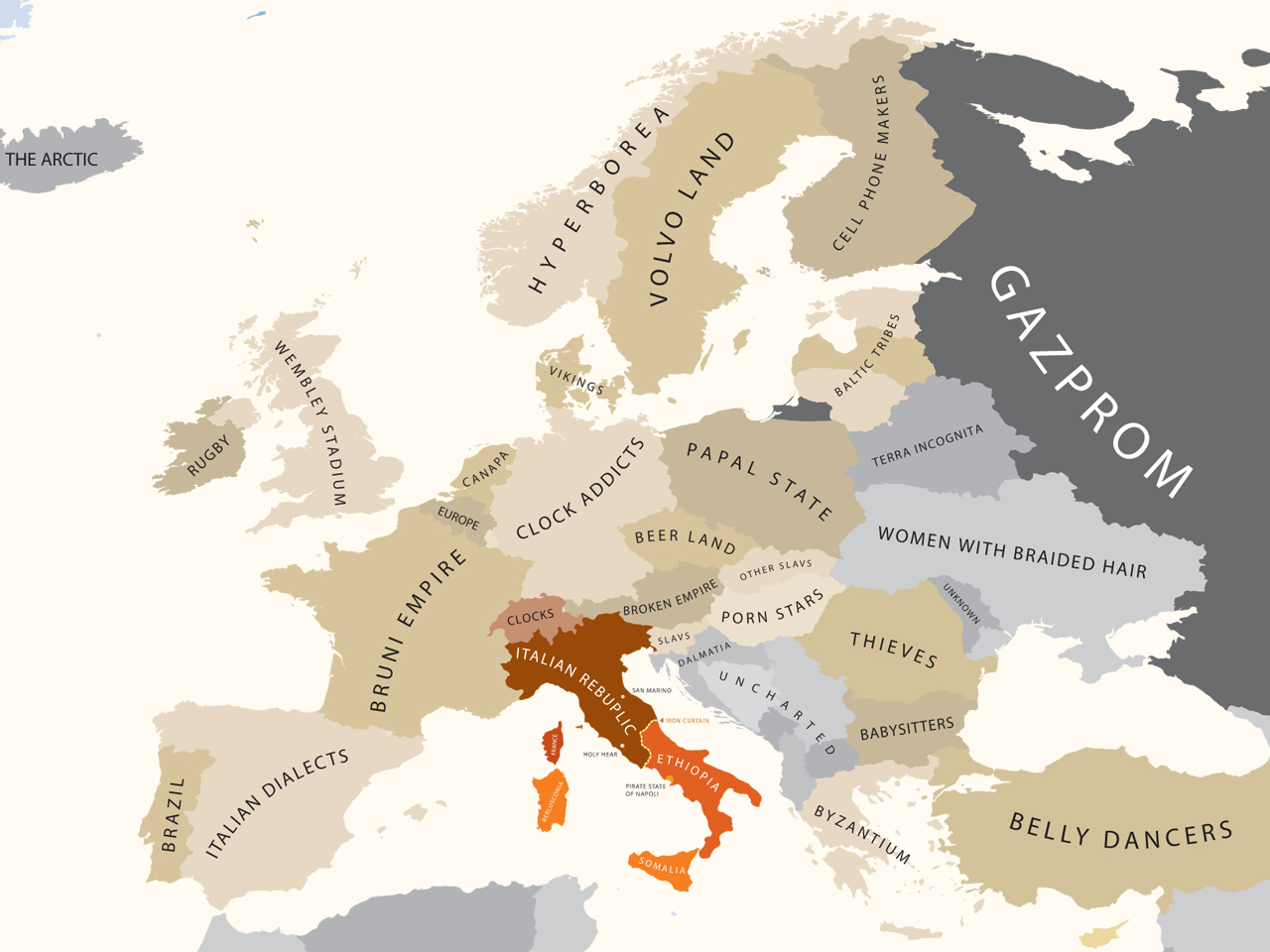
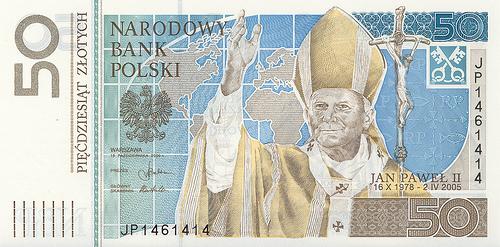
There are plenty of stereotypes floating in the seas of religious punditry. The so-called pundits are usually anchored in quite a circumscribed set of prejudices they project onto Poland. Both liberal and conservative leaning theologians like to think of my home country, for very different reasons, as a kind of Catholic Disneyland. Upon closer inspection these flattened Western pictures of Poland mirror what Edward Said labeled as Orientalism. They paint a picture of an exotic, backward, uncivilized, and at times dangerous culture. Poland as a mythical Catholiclandia is a haven for conservatives (where they have no NYT), while it’s a reactionary hell for liberals (possibly the only hell they believe in).
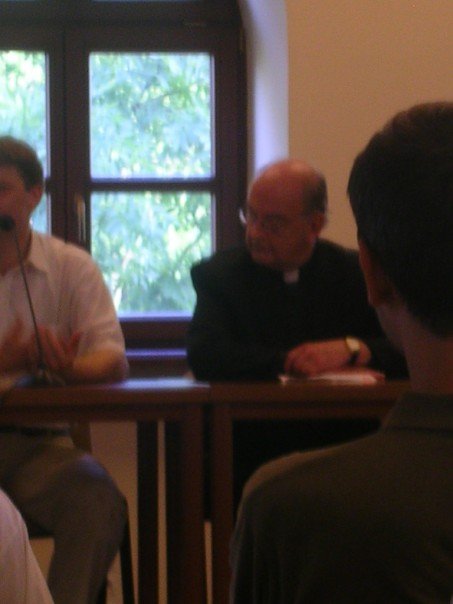
I remember seeing Richard John Neuhaus in Krakow (Summer 2007) and being pleasantly surprised by his Jack Nicholson voice. He spoke enthusiastically about Poland’s vibrant Catholic culture and its strong alliance with the United States against the secular-exception of Western Europe (in the context of a worldwide sea of religion) and added a few words in defense of capitalism. It was a (too?) bold reversal of the secularization thesis, which usually has Poland and the United States as the exceptions (in the tiny island of what used to be Western culture). I asked the poet Artur Grabowski what he thought of what Neuhaus said and he replied with, “I wish it were like that” (rough!). In retrospect it seems RJN was projecting a positively backward exoticism not only onto the homeland of Wojtyla, but also the USA.
Authors such as Hans Küng adopted different reductionist projects. Their Orientalist version of Poland was usually attached to an animus toward JP2 and an oversimplified picture of Poland’s past. They were convinced that someone who earned his chops in a black and white struggle against the commies couldn’t sees Poland as a place Church during the Communist era was clearly too simple. John Paul II didn’t connect with the complexities of the late modern West (questionable, but hey). My favorite example of this type of Orientalism was Peter Hebblethwaite who spent years hating John Paul II’s Polish stupidity. For years he was always the guy on CNN predicting who the next pope would be. The irony is he died before his book on the “next pope” was published, not to mention about a decade before John Paul II died.
With that quick setup let’s start with the reasons why Poland, like Brazil, is not a Catholic utopia (and that’s OK):

1) Clericalism: Fr. Jozef Tischner, Solidarity’s chaplain, Poland’s leading phenomenologist, spent the better part of his life fighting against Polish clericalism. The writings Poland’s leading literary figures, world class writers such as Witold Gombrowicz (atheist) and Czeslaw Milosz (Catholic), contain their fair share of anti-clericalism. With the help of phenomenology, personalism, and the mystics John Paul II put stress upon active lay holiness in ways unseen until his papacy. Poles (including Polish clerics as you can see from the examples above) have always been healthily suspicious of Catholic clerics. You can figure out some of the reason for it by continuing to read below.
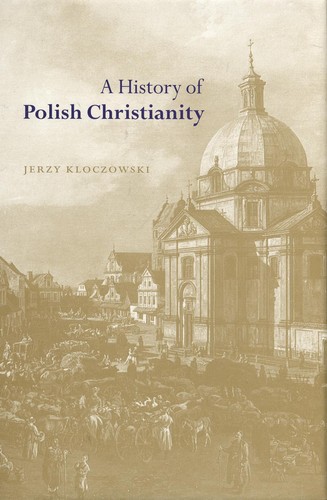
2) Diversity: Until very recently Poland has always been a multi-ethnic and multi-religious country. This probably has something to do with the fact that for the better part of Poland’s history, pretty much since it came into existence in 966, the papacy usually sided with Poland’s enemies. This started with Rome’s favoritism toward the Holy [sic!] Roman Empire. Polish tolerance toward the Radical Reformation showcased its traditional tolerance until the Jesuits showed up. Poland also took in all the Jews who were expelled by Western Europe right around the same time. Nineteenth century Polish Romanticism, a significant political/literary movement (one of JP2’s greatest intellectual influences), also tended antagonize the hierarchy with its tendencies toward socialism and resistance against authoritarian regimes. Kloczowski’s A History of Polish Christianity is a magisterial overview of the variety of Polish Christianities, its history of religious pluralism and tolerance, plus it also covers intra-Polish-Catholic diversity.
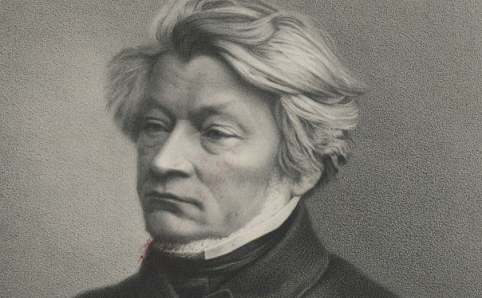
Next I’ll tackle the following two interconnected phenomena: the collapse of Solidarity and the growing influence of Neo-Con inspired consumerism. [Catholiclandia II is now available here.]











